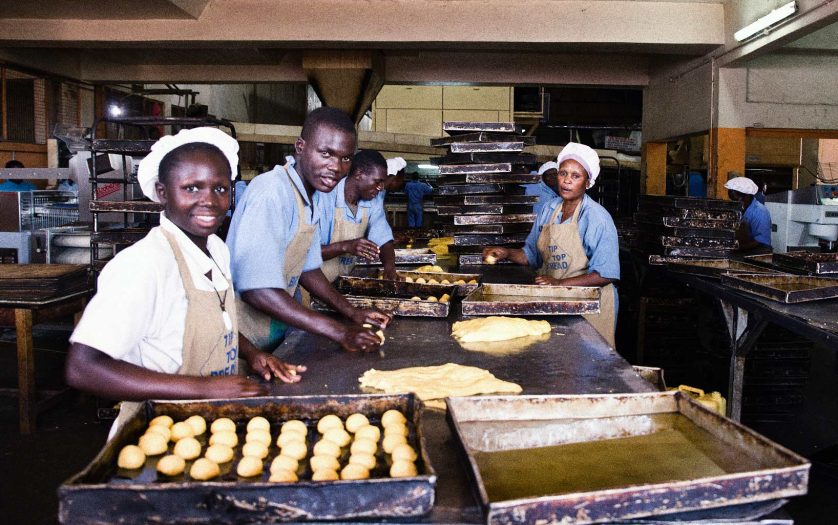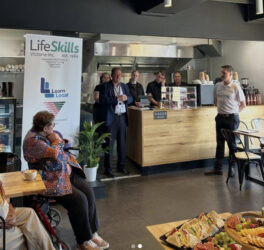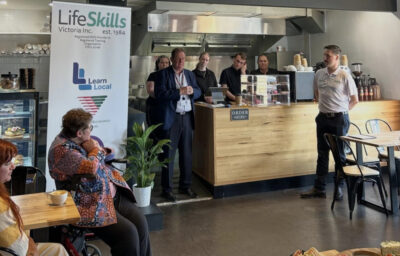
The United Nations Development Programme (UNDP) with the Government of Liberia have founded the Livelihood and Employment Creation project.
The project is being implemented by the Ministry of Commerce & Industry with support from several other government agencies. It is being funded by the UNDP with support from United Nations High Commission for Refugees, Denmark, Luxemburg, Norway, the Republic of Korea, Sweden, and Switzerland.
The Livelihood and Employment Creation project in Liberia has a life span of five years and aims at contributing to the country’s post-COVID-19 recovery. It plans to create opportunities for income-generation and reducing inequality, particularly among the poor and vulnerable segments of the population specifically women, youth and those with physical disabilities in 7 counties.
UNDP Liberia Resident Representative, Mr Stephen Rodrigues, praised the project, saying, “I note the relevance of the Project in contributing to efforts to address unemployment, and create opportunities for Liberians, particularly in the rural areas, to generate income and support themselves and their families, as well as to accelerate entrepreneurial growth in Liberia.”
Some key components of the project include:
- Supporting the creation of sustainable, viable and diversified livelihood opportunities for youth, women and persons with disabilities (PWD);
- Increasing local food production; and
- Strengthen business and enterprise development services by promoting access to finance, capacity- building and innovation that are responsive to the rights and needs for economic advancement of women, youth and PWD.
Jonathan Wesley Roberto, Acting Country Representative, Food Agriculture Organization (FAO) of the United Nations in Liberia, believes the project is an opportunity to address root causes of inequality and bridging vulnerability gaps.
Minister of Commerce and Industry, Madame Mawine G. Diggs, said, “The counties selected under this project are on the list of some of the high food insecure counties in our nations,” adding that statistics showing how counties are food insecure will allow them to develop or create the environment needed to stop citizens from suffering and starving.
Heylove Mark Sr., Representative of the National Union of the Organization of the Disable (NUOD), applauded the UNDP and partners for including persons with disabilities as one of the key targeted beneficiaries who are most times marginalized in society.
“As this project goes forward in its implementation, I hope to work with responsible partners and supporters that will reach out to people like me in the right manner because most times there is a possibility to skip or pass over persons with disability,” Mark said.
Renee’ N. Gibson, Program Manager of the Rural Integrated Center for Community Empowerment (RICE), hopes the initiative will improve the livelihood of people in the rural parts of the country, especially the most vulnerable groups highlighted in the project.
“We are into sustainable agriculture focusing on conservation agriculture using the conservation agriculture method at the same time working with particularly women and young people in the rural parts of the country,” said Gibson.








